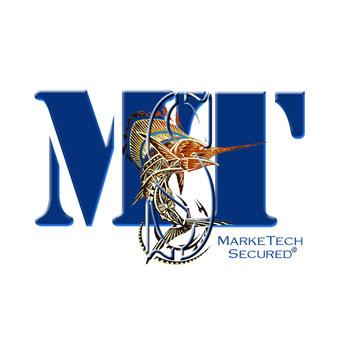🔵 Try Epoch Times now: https://ept.ms/3Uu1JA5
This is the 30 minute TV version of Jan Jekielek’s interview with Dr. Bryce Nickels. The longer-form version was released on Epoch TV on October 26, 2024.
🔴 Watch the extended version of this episode: https://ept.ms/Y1026BryceNickels
“We have a problem that the scientific community is not actually set up to protect the public from the risk of accidents in labs.”
Dr. Bryce Nickels is a professor of genetics at Rutgers University and the co-founder of Biosafety Now, an organization that aims to reduce the public threat of lab-generated pandemics.
In this episode, we discuss the Risky Research Review Act—legislation that, if passed, would establish an independent review board to assess whether the benefits of gain-of-function research outweigh the risks and determine whether that research should be done in the first place.
Nickels says: “What’s astonishing is that the pandemic broke out four and a half years ago, and there’s been no nothing, literally no change in the regulatory landscape for this type of extremely high risk research, and so that’s just negligent. So finally, this bill is a is a massive step forward, because it will do something that’s never been done before, which should be supported by everybody, simply just to say, if I’m doing something that could cause massive harm, maybe that should be looked at by somebody other than me to make the decision about whether I should proceed.”
CHAPTER TITLES
0:00:01 – 0:00:50 The Need for Independent Risk-Benefit Assessment
0:00:50 – 0:01:30 Introducing Dr. Bryce Nichols and ‘Biosafety Now’
0:01:30 – 0:04:06 The Risky Research Review Act
0:04:06 – 0:07:35 Dr. Nichols’ Background and Motivations
0:07:35 – 0:13:28 Concerns About the Scientific Community’s Handling of COVID-19 Origins
0:13:28 – 0:14:49 The Debate Over "Noble Lies"
0:14:49 – 0:18:49 Defining "Gain of Function" Research
0:19:04 – 0:22:05 Trusting the Proposed Review Board
0:22:12 – 0:23:23 Where to Learn More
Nickels about the bill: “The Risky Research Review Act is a piece of legislation that would establish for the first time, an independent review board part of the executive branch that would be responsible for doing risk benefit assessment of high risk research that’s going up for federal funding. The reason why that’s extremely important is because until now there has not been any independent risk benefit assessment for research that is high risk… This bill is not about the researcher. This bill is about public safety. So to hell with what researchers want. What does the public want? And this is about publicly funded research.”
“We’re all still working with limited information, right? And it’s not just information that’s hidden by China, it’s also information hidden by the US that should not be hidden by people in the US, everybody in the US that has some connection to the research that might have caused the pandemic. They have not been fully transparent. They have not been forthcoming with government officials that are trying to investigate this. There is a concern, of course, that because the US government might have culpable, well, likely has culpability at some level, that there’s only so much that the US government wants to sort of dig into this.”
“As a member of the public, you should be outraged that somebody would be admitting that the scientific enterprise itself is corrupted, and that the journal publication process is corrupted, the peer review process is corrupted, and that there isn’t really an expectation for scientists to wholeheartedly believe information that they put in a scientific paper.”
“The scientific community is not actually set up to protect the public from the risk of, you know, accidents in labs, at a minimum, that should call for serious questioning about, you know, regulation of these activities.”
Nickels about gain-of-function research on non-pathogenic bacteria: “My lab does a lot of gain-of-function research, but we’re doing it on E coli bacteria, which is not a pathogen and that cannot lead to that bacteria causing disease, causing a pandemic. That is research that’s very common across all of life sciences. It accounts for about 99.9% of gain of function research, research at large. So 0.1% or maybe a little bit more, is the type of research that occurs on a very specific group of viruses which have the possibility of, if they are mutated, they could kill more people, transmit between people better, and that’s the research we’re talking about.”
🔵 Sign up for the American Thought Leaders ALERTS newsletter to stay up-to-date on new episodes, releases, and special events 👉 https://ept.ms/ATLnewsletter
💛 Support us 👉https://donorbox.org/american-thought-leaders
————————————————-
© All Rights Reserved.























Comments